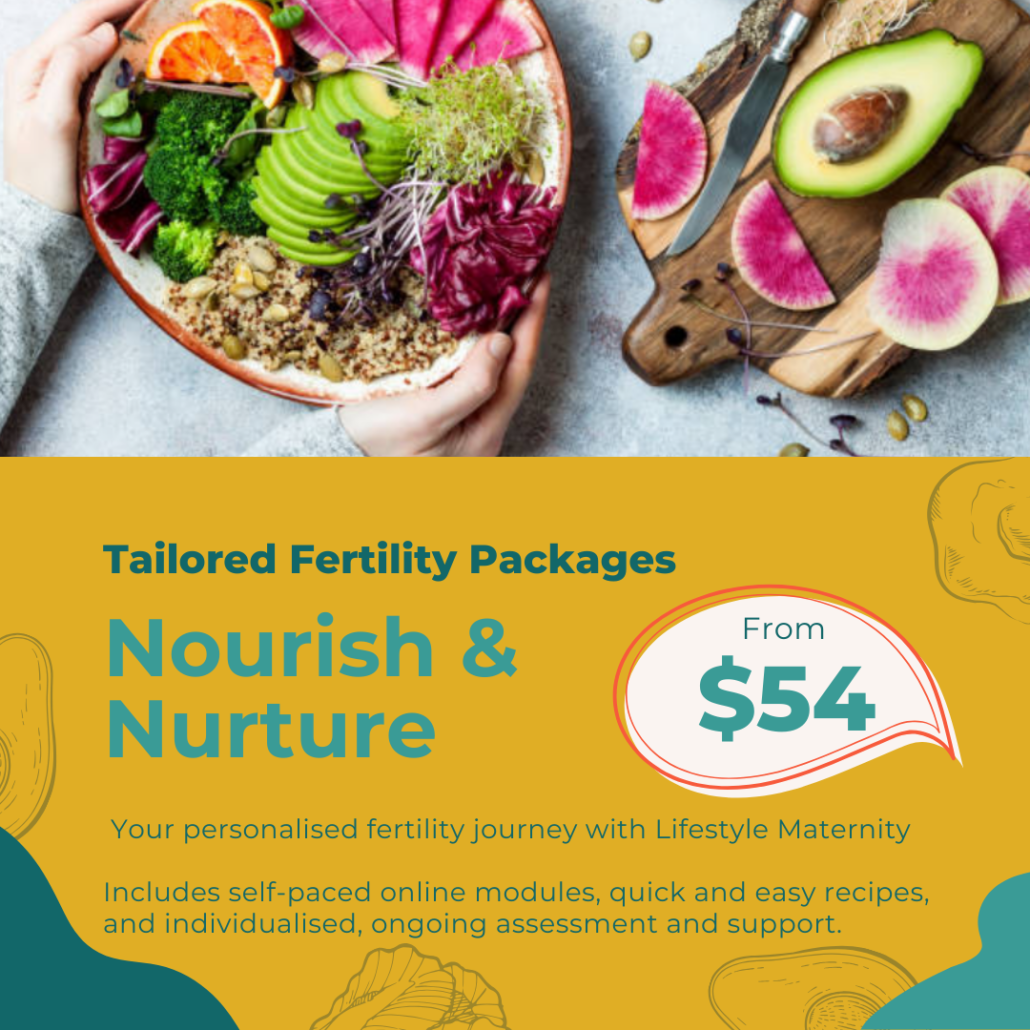The term “Ozempic babies” has been circulating on social media, referring to the unexpected pregnancies of women taking Ozempic or similar GLP-1 medications for weight loss. While the reasons behind these pregnancies are complex, it’s important to understand the potential implications and take necessary precautions.
Why are “Ozempic babies” happening?
Several factors likely contribute to the increased number of pregnancies among women taking GLP-1 medications:
- Improved fertility: Weight loss, often achieved with GLP-1 medications, can improve fertility in individuals who are living in a larger body.
- Hormonal changes: GLP-1 medications can affect hormones involved in ovulation and menstrual cycles, potentially making it easier to conceive.
- Decreased effectiveness of contraception (birth control): Some experts have reported that GLP-1 medications might reduce the effectiveness of hormonal birth control methods.
What should you do if you become pregnant while taking Ozempic?
If you become pregnant while taking Ozempic or a similar medication like Wegovy or Mounjaro, it’s crucial to:
- Stop the medication immediately: Discontinue using the medication as soon as you suspect pregnancy or receive a positive pregnancy test.
- Consult your doctor: Schedule an appointment with your healthcare provider to discuss your pregnancy and any potential risks associated with your previous medication use.
- Antenatal care: Seek regular antenatal care to monitor your pregnancy and the health of your baby.
Preventing Unplanned Pregnancies
To prevent unplanned pregnancies while taking GLP-1 medications, consider the following:
- Reliable contraception: Use a reliable form of birth control, such as an intrauterine device (IUD) or a hormonal implant, which are less affected by GLP-1 medications.
- Regular pregnancy tests: If you are sexually active, consider taking regular pregnancy tests, especially if you experience any changes in your menstrual cycle.
How can a dietitian help if I am taking a GLP-1 medication?
GLP-1 medications can be a valuable tool for weight loss, but it’s essential to be aware of potential nutritional issues, especially when considering pregnancy.
The risk of nutrient deficiencies when taking a GLP-1 medication is high. A GLP-1 medication often leads to reduced or no appetite. These changes in food intake can increase the risk of nutrient deficiencies, including vitamins, minerals, and essential fatty acids. It’s crucial to maintain a balanced diet rich in whole foods to minimise this risk.
That’s where an Accredited Practising Dietitian can help. Working with a dietitian can provide tailored guidance and support to optimise weight loss and overall health while you are on your fertility journey.
Dietitians can:
- Provide you a personalised nutrition plan,
- Help you manage any medication side effects that impact what you eat,
- Guide your long-term weight management goals, including into and beyond pregnancy,
- Help you address (and minimise the chance of) potential nutrient deficiencies, and
- Support your overall well-being, including understanding and managing your relationship with food and changes to your body shape and image.
The phenomenon of “Ozempic babies” highlights the importance of understanding the potential risks and benefits of GLP-1 medications, especially for women of reproductive age. While these medications can be effective for weight loss, it’s crucial to weigh the potential risks and take necessary precautions to prevent unplanned pregnancies.
NEED MORE HELP?
We offer individual consultations and self-paced online courses as we know you all have different learning styles and budgets. Attending an individual session OR online course with a Lifestyle Maternity dietitian will allow you to assess your diet against recommended guidelines and identify changes that can be tailored to your lifestyle and dietary preferences.
In our self-paced online course you will be encouraged and guided to assess your own health habits against fertility recommendations, participate in activities around setting health goals for optimal nutrition and learn how to adapt your routines with confidence to achieve these goals to make them stick.
An individual consult involves a more thorough assessment of your dietary and lifestyle patterns with a personalised action plan being developed in collaboration with the dietitian. If you would like further information book an appointment now.
IMAGE CREDIT: Daniel Jerico, Unsplash
IMAGE DESCRIPTION: Egg shell cracked in two with tally marks on the inside and chick foot prints walking away from it.





 Find us on
Find us on